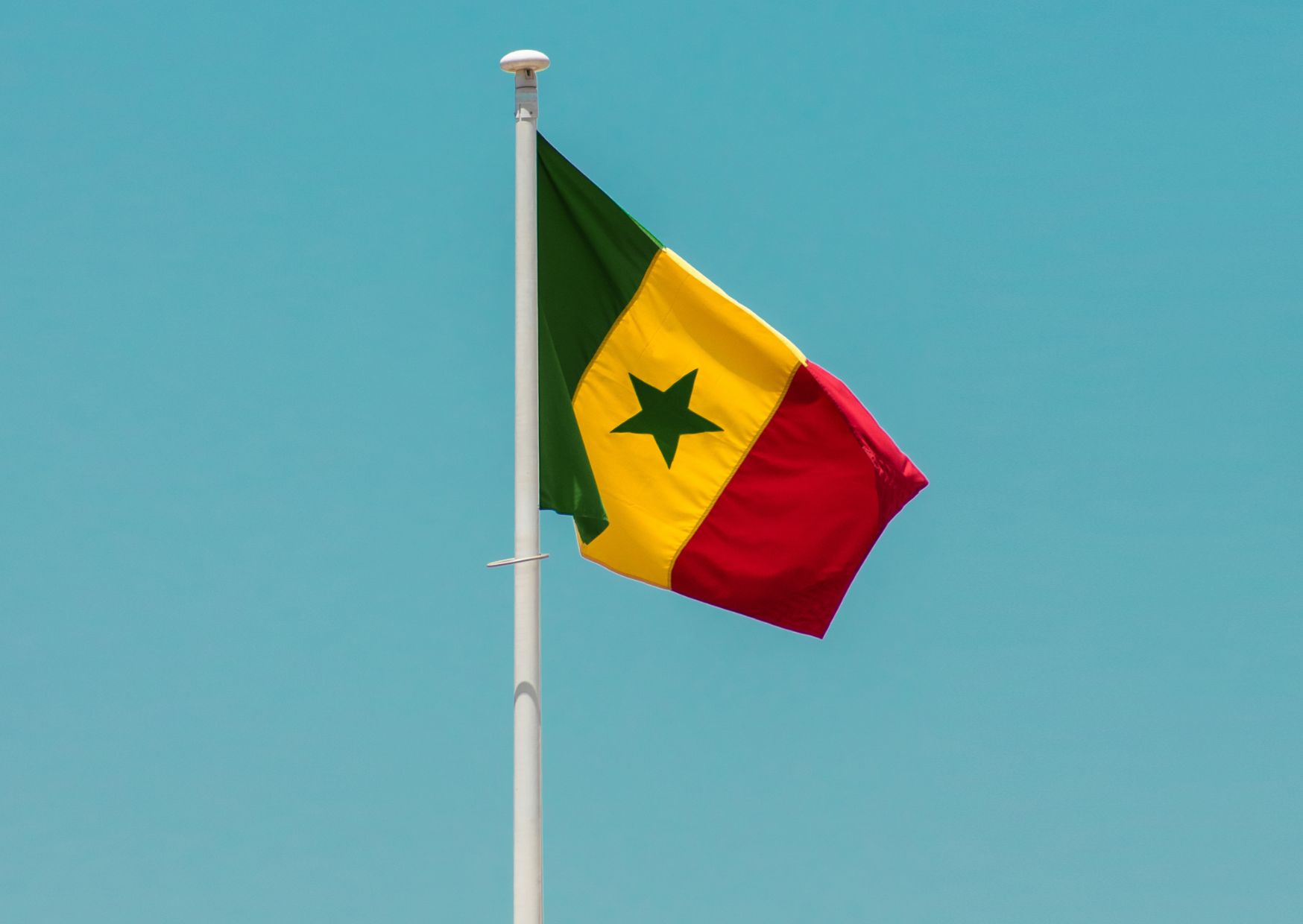
Trachoma is an infectious eye disease caused by the bacterium Chlamydia trachomatis. It spreads through contact with contaminated fingers, shared items, or flies that carry discharge from the eyes or noses of infected individuals. Repeated infections can cause the eyelids to turn inward, leading to severe pain, corneal damage, and ultimately blindness. The disease is most common in areas with limited access to clean water, sanitation, and healthcare.
Senegal’s journey to eliminate trachoma has spanned decades. Starting in 1998, national health programs began integrating the World Health Organization’s recommended SAFE strategy to tackle the disease. SAFE stands for Surgery for advanced cases, Antibiotics to treat infections, Facial cleanliness to reduce transmission, and Environmental improvements like better access to water and sanitation.
Between the early 2000s and 2017, the disease was mapped in all affected regions of the country. Over the years, interventions expanded to 24 trachoma-endemic districts, reaching approximately 2.8 million people. More than 45 surgeons were trained, and thousands of sight-saving surgeries were performed.
The project also received strong community support. Awareness campaigns, local volunteers, and public health outreach played vital roles in changing hygiene practices and increasing treatment coverage. A key partner in the effort was the International Trachoma Initiative, which provided mass antibiotic treatments through donations of azithromycin.
The announcement was met with celebration from health officials and global health leaders. Senegal’s health minister, Dr Ibrahima Sy, emphasized that this success came just over two decades after the country eradicated Guinea-worm disease. He reaffirmed Senegal’s continued dedication to eliminating other neglected tropical diseases such as river blindness and sleeping sickness.
Dr Tedros Adhanom Ghebreyesus, Director-General of the World Health Organization, called the milestone a beacon of progress and praised Senegal for its leadership in advancing public health.
Senegal’s achievement adds momentum to the global fight against neglected tropical diseases. So far, 57 countries have eliminated at least one of these conditions, and 25 have now eliminated trachoma.
While some earlier reports mentioned Brunei as having also defeated trachoma, the World Health Organization has not validated that status. For now, Senegal’s accomplishment stands as a powerful reminder that through commitment, science, and community effort, diseases once considered unstoppable can be brought under control and even eliminated.
This is more than a win against a single disease. It is a story of resilience, collaboration, and what is possible when health is made a priority.
Photo by aboodi vesakaran from Pexels
